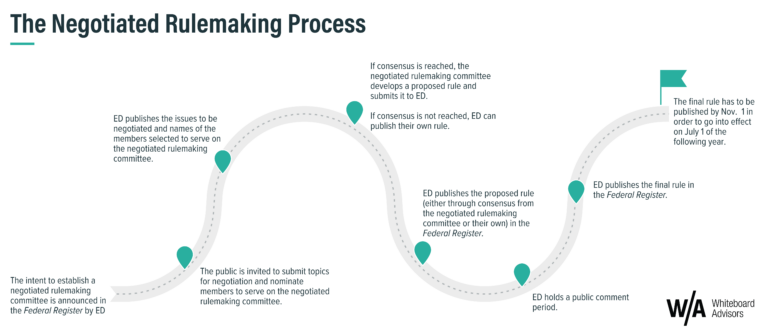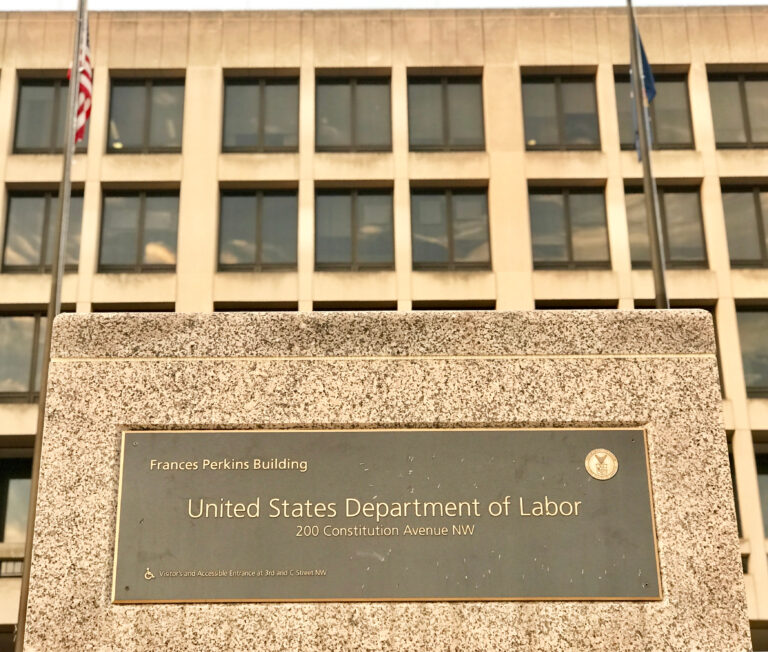by Ben Wallerstein and Ryan Craig (published in EdSurge, May 4)
Higher education is abuzz with talk of partnerships between private companies and universities. Yet ask a dozen faculty what they mean by “private sector” and you may feel a bit like the blind man and the elephant. Left to their own devices, education entrepreneurs and investors tend to revel in their own awesomeness, critique risk-averse leaders and exchange vague descriptions of so-called “bureaucratic processes” that stymie innovation and impede progress.
At the same time, faculty and institutional leaders are increasingly intrigued with private sector partnerships but hesitant to act. Their skepticism is often rooted in a belief that the profit motive and education are fundamentally at odds.
Higher education’s approach-avoidance conflict with the private sector reflects a multitude of concerns: frustration with corporate America’s calls for reform and lack of consideration of higher education’s multifaceted mission; antipathy toward for-profit universities, the publishing oligopoly and—increasingly—worries about student data. The plight of Altius Education and recent rejection of Grand Canyon University’s application to convert to non-profit status raise interesting questions about the intersection of academics and administration. And, in an ironic twist that is giving accreditors whiplash, the U.S. Department of Education’s EQUIP program is putting the ultimate good housekeeping seal of approval on partnerships with unaccredited providers.
Private sector partnerships are not new to higher education. For decades, colleges and universities have relied on a panoply of technology vendors and readily outsourced ancillary functions like food services or bookstores. What’s (relatively) new, and drawing increased attention, are private partnerships that support the delivery of academic programs.
These partnerships commenced in the 1980s and 90s with delivery of accelerated programs for adult learners. Private sector graybeards will recall this was the original Apollo Group business—Institute for Professional Development—as well as the origin of Bisk Education. Early academic partnerships interfaced with the continuing education or extension divisions of universities, and therefore remained largely out-of-sight, out-of-mind as far as presidents and provosts were concerned.
The advent of online learning ushered in a new era of private-sector collaboration and moved for-profit providers closer to the heart of the academic enterprise. While universities retained academic and financial control over online programs, they often required expertise and capacity—curriculum conversion and delivery, lead generation, enrollment and student support—that didn’t exist within most universities. Consider this: of the dozens of nonprofit universities that have achieved any material scale online, only two—Southern New Hampshire and Liberty—have done so without the assistance of Online Program Management (OPM) companies that provide these services. Over the last decade, full-service OPMs have dominated the private provider landscape, and in return command at least a 50 percent split of tuition revenue from institutions. (Some actually employ faculty and demand a whopping 80 percent share!)
With the market for fully-online degree programs congested and growing slowly (if at all), private partnerships are beginning to take a step back from the full-service OPM. This retreat reflects increasing sophistication—and capacity—of colleges and universities as they launch new online programs.
So how will private sector partnerships support program delivery in the future? Here are the major trends we’re seeing…
Check out the full article here.



